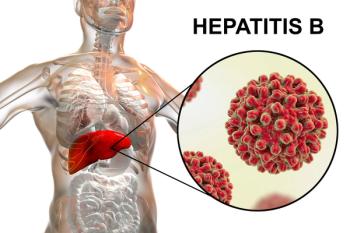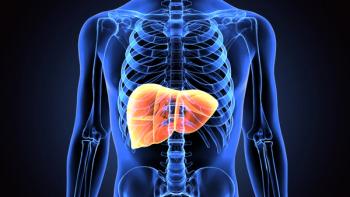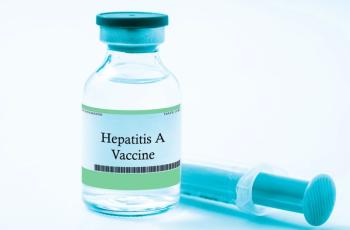
Liver Transplants from Drug Overdose Donors Rose As the COVID-19 Pandemic Took Hold
The percentage of livers from donors who died of overdose increased by 26% from a pre-COVID-19 period of January 2019 to February 2020 compared with a pandemic period of May 2020 to June 2021.
Liver transplants from drug overdose donors rose significantly in the first year of the COVID-19 pandemic, according to new research presented at
The increased availability of livers from overdose deaths helped keep the number of transplants in the United States stable despite COVID-19 disruptions, according to Peter Lymberopoulos, a fourth-year medical student at St. George’s University in Grenada.
“When the pandemic began, we saw no decline in liver transplants, which seemed surprising since many surgeries were canceled or postponed,” Lymberopoulos said in a
Using the U.S. organ donation registry, operated by the United Network for Organ Sharing, Lymberopoulos and his colleagues identified transplants from drug overdose donors to determine the extent of changes during the pandemic.
They found that the percentage of livers from donors who died of overdose increased by 26% from the pre-COVID-19 period of January 2019 to February 2020 compared with the COVID-19 period of May 2020 to June 2021. For all solid organ transplants, they found that use of drug overdose donors increased by 31.2%.
“Among liver transplants, we found that the number of overdose donors rose at a surprising rate in the pandemic’s first 14 months, compared with the previous 14 months,” Lymberopoulos said. “Organ transplants are experiencing success, but it often comes at a cost. In many cases, that cost is primarily young males dying prematurely from overdoses.”
The new study builds on other research showing increasing organ donations from overdose deaths during the decades-long opioid crisis in the United States, according to the research team.
“Many overdose victims are young, with few or no other health conditions, such as hypertension or diabetes, that would affect organ transplant viability,” DDW said.
Researchers speculated that pandemic-related socioeconomic stressors contributed to increases in drug overdose deaths and that most were likely opioid-related since opioids account for about 70% of fatal overdoses nationally.
The need for liver transplants in the United States is on the rise, according to other studies. For example, the
The research team presenting at DDW plan to examine further organ donation data to see whether this trend continued into the pandemic’s second year.
Newsletter
Get the latest industry news, event updates, and more from Managed healthcare Executive.

























